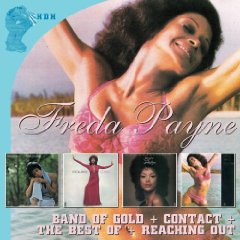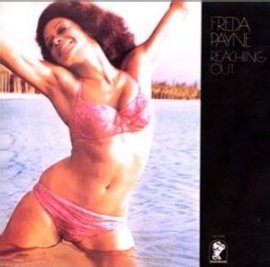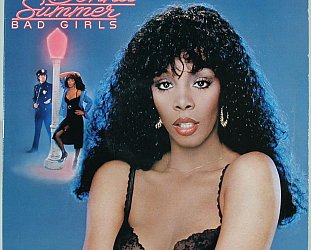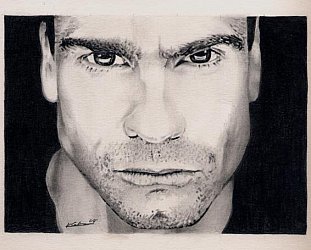Graham Reid | | 2 min read
Freda Payne: Bring The Boys Home

Although it was slightly ambiguous about who had failed on the wedding night, it is Freda who says her new husband should come back and "love me like you tried before".
And so we might guess . . .
This was interesting and slightly saucy stuff -- was he gay or impotent? -- but the sexy Payne from Detroit turned it into a hit in '70. It should have been the start of fine career -- but in fact it came later in her life than many might think (she was 27), and through record company politics and poor choices of material she failed to capitalise on it.
Payne's story began long before Band of Gold and, like Aretha Franklin, she tried her hand at jazz and standards for many years before someone discovered what it was she did best.
At 20 she was signed to the jazz label Impulse! in New York and recorded her debut album, then she released a couple of pop singles. By the mid Sixties her career was shapeless and she recorded a pop album produced by Tom Wilson (of Bob Dylan and later Velvet Underground fame) with jazz arranger Benny Golson organising the sessions. But it too failed to ignite interest or the charts.
Then the famous songwriting team (and school friends from Detroit) Holland-Dozier-Holland -- who had fallen out with Motown where they had been hitmakers -- started their own label Invictus and brought in Freda.
Her first song was the exciting Unhooked Generation written by Ronald Dunbar and Edith Wayne, a tough and soulful swipe at a failed relationship, which suited her more mature voice and although it also didn't do the business, Payne had found her voice.
Then Band of Gold (also Dunbar-Wayne) turned up.
A cash-in album of the same name followed its chart success with material by Dunbar-Wayne, and her vocals (and some of the songs) recalled classic Supremes.
Her second album Contact ('71) included mostly Holland-Dozier material in a loose and dramatically orchestrated soulful song cycle but it was, curiously, released with a non-album single Bring the Boys Home which, at the height of the war in Vietnam was a plea to bring the soldiers home"alive".
 It was a courageous song, but not quite what people wanted to hear from Payne whose album covers played up her sexy image. But it was quickly added to the reissued album when it peaked higher than Band of Gold on the R&B charts. Her black audience had got it.
It was a courageous song, but not quite what people wanted to hear from Payne whose album covers played up her sexy image. But it was quickly added to the reissued album when it peaked higher than Band of Gold on the R&B charts. Her black audience had got it.
But the follow-up was another dance track -- and then things fell apart for her at the H-D-H record company. She'd been in a relationship with Edward Holland but sued the company for non-payments and so she was sidelined for almost two years.
By the time that was resolved any career momentum she had was lost: there was a stop-gap Best Of which included the long version of Band of Gold alongside some very fine previously unreleased material, and then came her final album for Invictus, Reaching Out in '73 (cover above) which included an emotionally overblown, five minute-plus version of Jacques Brel's Ne Me Quitte Pas which she chose.
From pop to politics to dance to French maudlin, Payne's career had been a mess.
Yet as this collection of all her Invinctus recordings shows, the lady could really sing and deserves to be more than a one-hit wonder footnote in pop culture. Certainly there is some nonsense here (James Last's Happy Heart, a cover of the Carpenter's hit Rainy Days and Mondays).
But at her best she occupies that territory between Diana Ross, Michael Jackson and Al Green and although her career splutters on today, her best (and admittedly most suspect) was captured in these few years.
And is right here on this double disc set.







post a comment